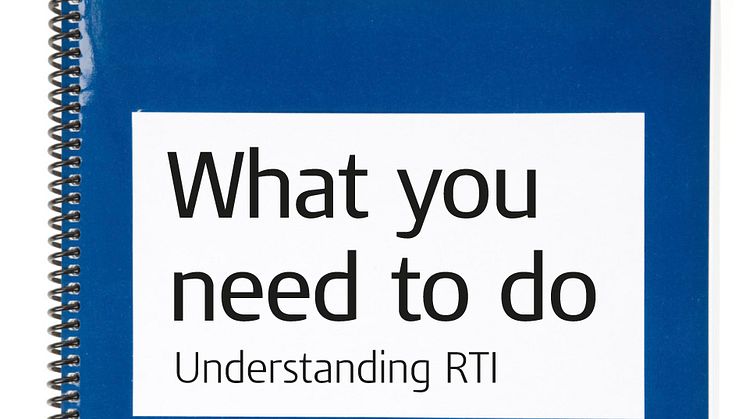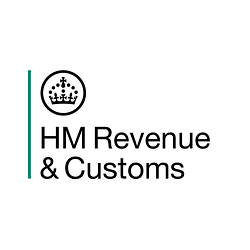
Blog post -
Why it’s all change for PAYE
What is Real Time Information
From April 2013 there will be a new way to report PAYE in real time, Real Time Information (RTI).
Under the present PAYE system, employers tell HMRC what deductions they have made from employees’ pay at the end of the year.
Over time reporting in PAYE real time will help improve accuracy for some individuals'.
It will also provide accurate records on wages and tax for the forthcoming Universal Credit, so eligible employees will get the right amount of benefits or tax credits every month.
What is changing?
PAYE itself will not change – just the way, and how often, employers send PAYE details to HMRC.
Instead of sending all PAYE details to HMRC in one go, at the end of the year, from April 2013 employers will have to:
send details every time a payment is made
use payroll software to send the details electronically
send the details as part of your normal payroll process.
How will RTI benefit employers and pension providers?
By getting rid of employer annual returns and streamlining the starter and leaver processes, RTI will remove admin burdens from businesses of around £300m each year.
What is the timetable for introducing RTI?
RTI is being introduced progressively to give plenty of time for testing the new systems. We began piloting RTI in April 2012, with around 310 volunteer employers. The pilot is going well and is on track.
Most employers will begin reporting PAYE in real time in April 2013, with all doing so by October 2013.
Next steps
Businesses of all sizes should start preparing for RTI now by talking to their payroll software provider or payroll service provider about how they are developing appropriate payroll software. It’s also vital that employers check that information about their employees is accurate and up to date. This involves making sure that surname, forename, gender, address, date of birth and National Insurance Number (NINO) are correct and in the right format. Employers should also make sure that they add staff to their payrolls who will now need to be included with their RTI submissions, for example, those under the Lower Earnings Limit (LEL). For more help and advice on improving data quality go to www.hmrc.gov.uk/rti/dip/index.htm
For further information about RTI go to: www.hmrc.gov.uk/rti
* Jane Brothwood is HMRC’s head of RTI Communications

